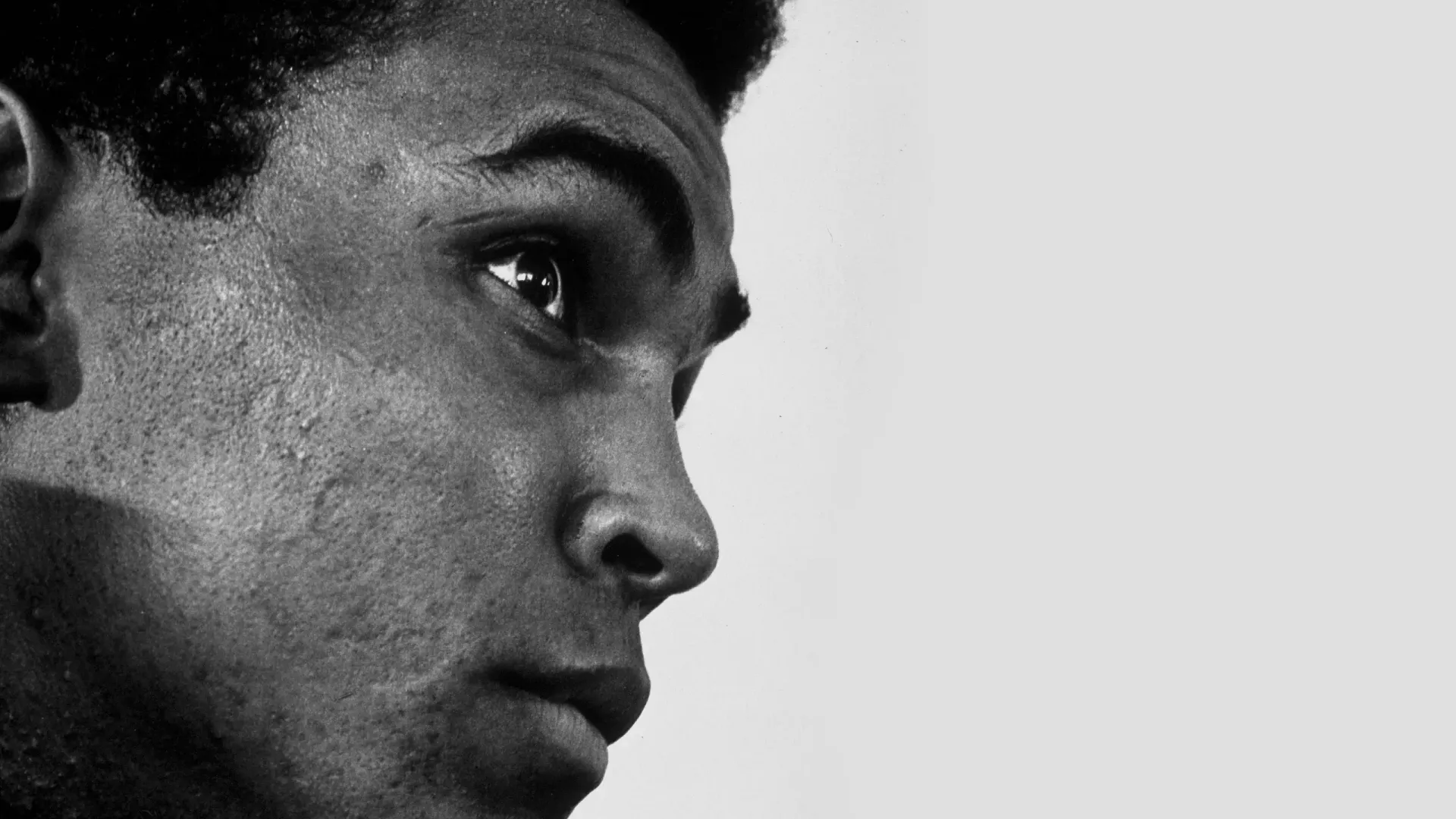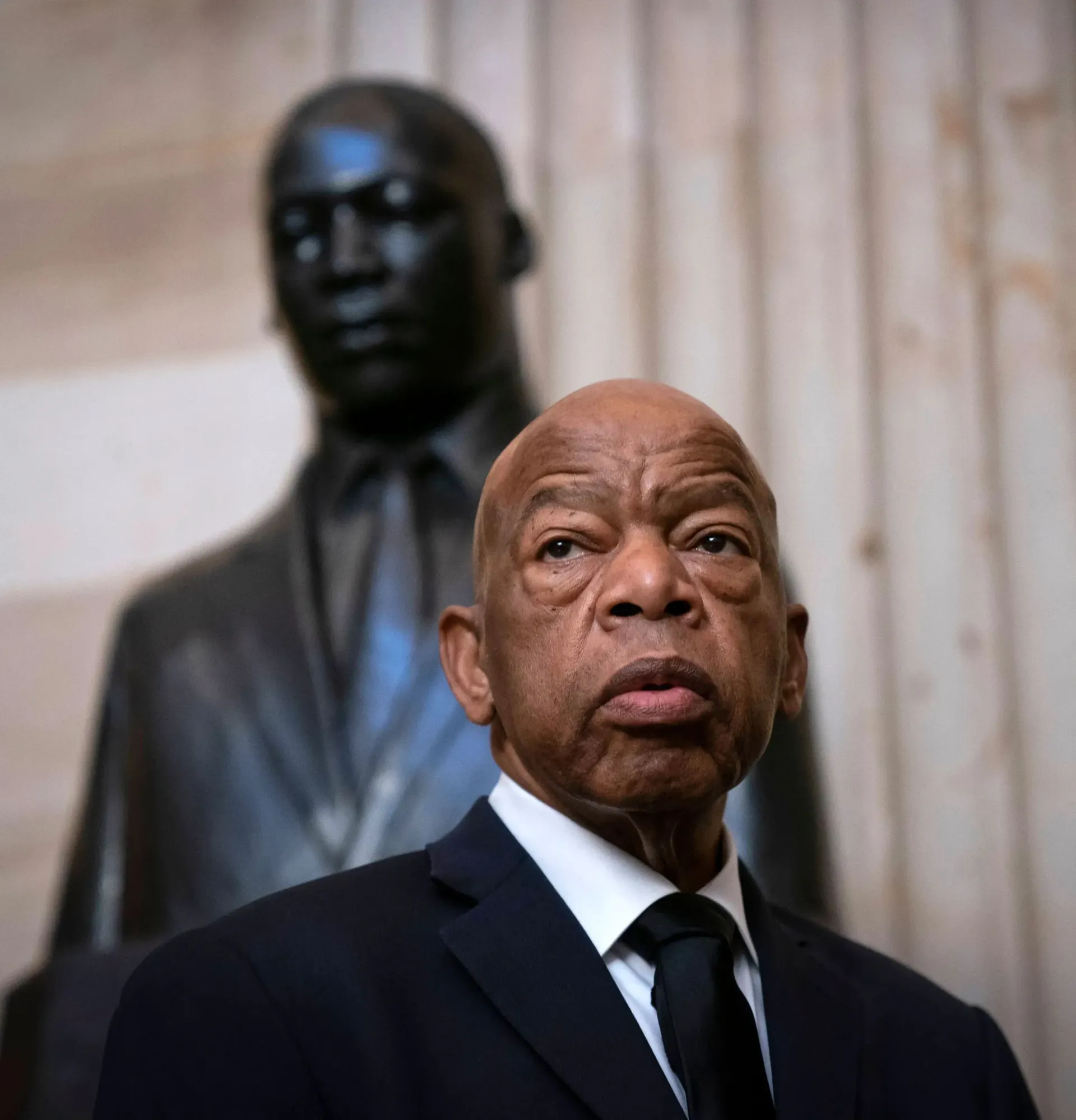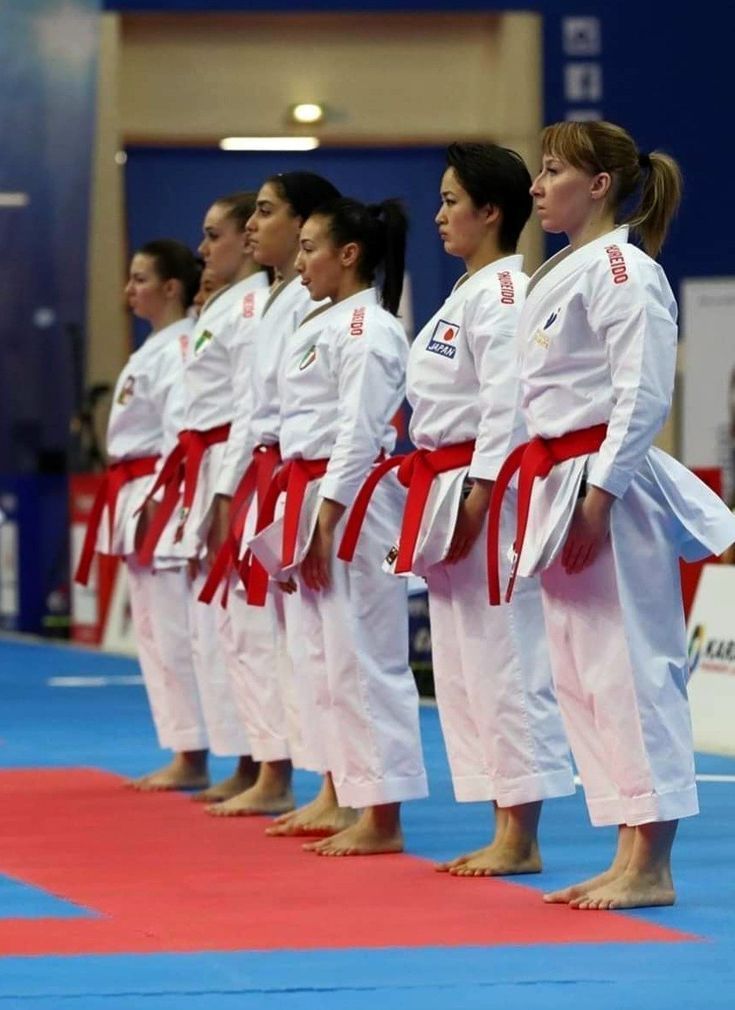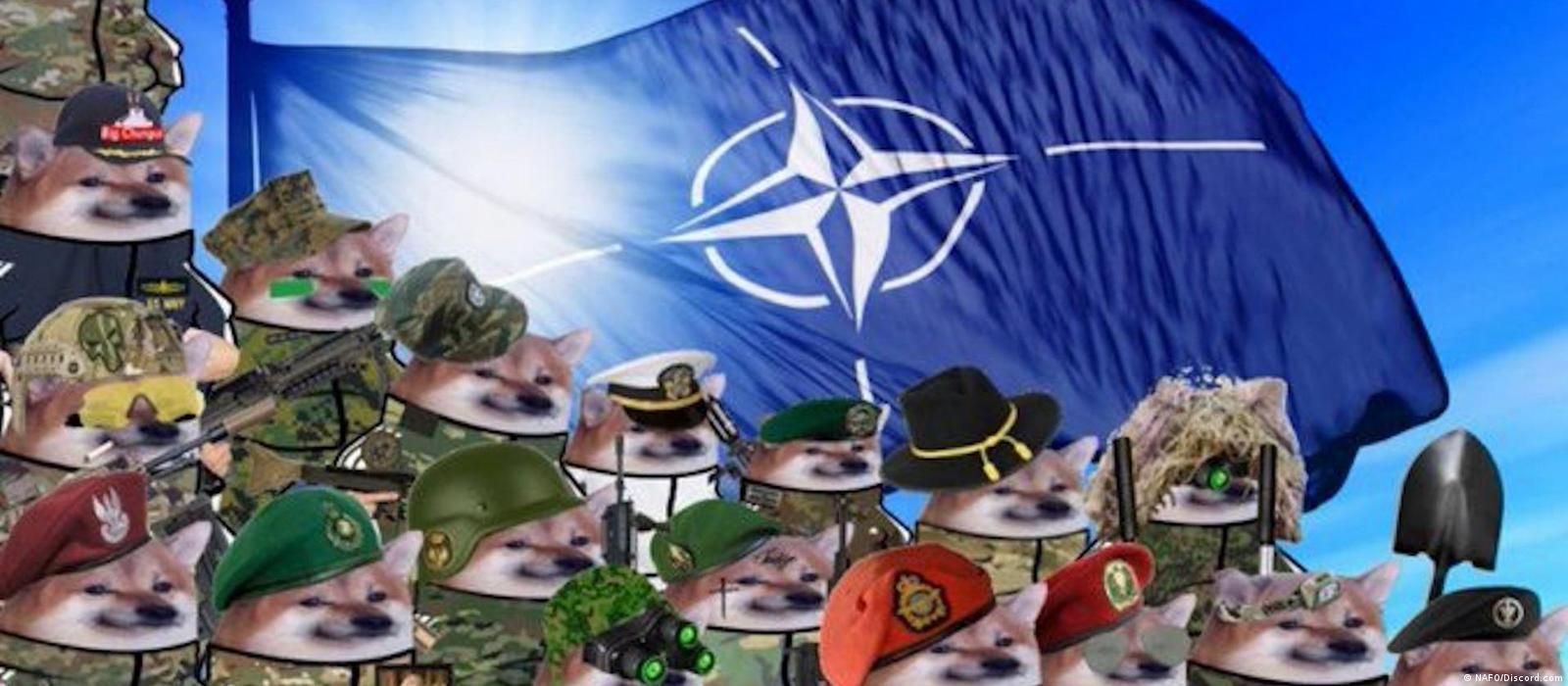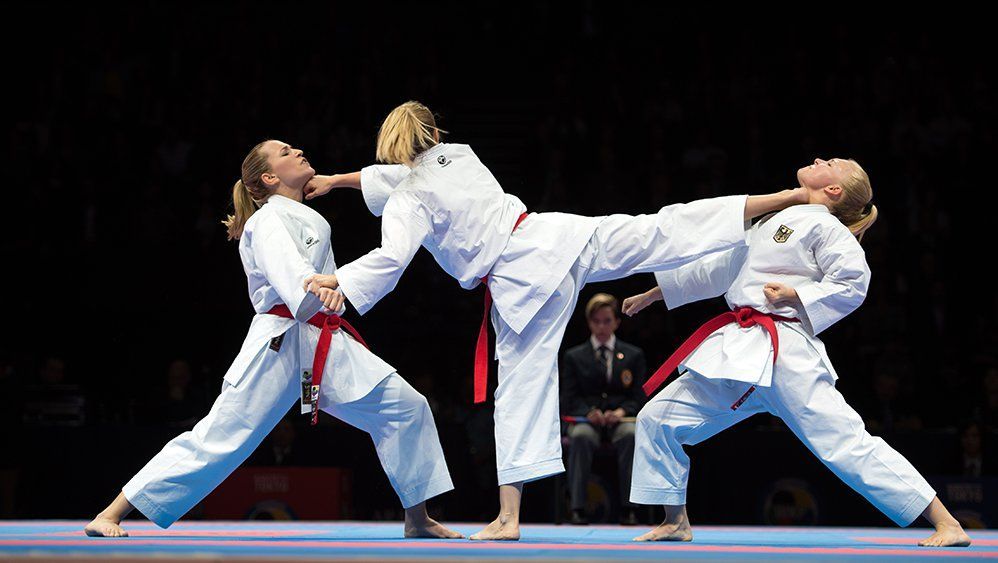A Confederacy of Values
This is not a new concept. In fact, it is the only one that ever worked.

Why We Can't Say "This is the Way"
When The Mandalorian premiered, something unexpected happened. A character in a Star Wars spinoff, face hidden behind a helmet, barely speaking, became a cultural phenomenon. Not because of special effects or action sequences, but because of four words: "This is the Way."
People got tattoos of the phrase. They used it in daily conversation. They bought merchandise not of the character, but of the creed. Why? What nerve did this strike?
I think it exposed what we've lost. The Mandalorian has something we desperately want but can no longer even name: a clear moral code that transcends individual desire. When faced with hard choices, he doesn't debate or rationalize or form a committee. He knows the Way. He follows the Way. End of discussion.
Compare that to our reality. Ask someone today what makes a "good person" and watch the gymnastics begin. Being good has become entirely about which team you're on. If someone shares your politics, they're good - even if they're personally corrupt, cruel, or dishonest. If someone opposes your politics, they're evil - even if they live with integrity, kindness, and honor.
We've replaced universal values with tribal loyalty. A politician can abuse power, lie, steal, and their supporters will defend them because he's "our guy" fighting "those people." A celebrity can demonstrate genuine virtue and be destroyed because they're on the "wrong side." We don't evaluate actions anymore, just affiliations.
This isn't sustainable. You can't keep a civilization on "my team good, your team bad." You can't raise children with "ends justify the means as long as they're our ends." You can't have justice when the same action is praised or condemned based purely on who does it.
We've developed what I call the cult of savviness. Cheat on a test? You're savvy! Dodge taxes through loopholes? So savvy! Get a disabled placard to park your Lamborghini next to the elevator? Peak savvy! We don't admire integrity anymore; we admire those who game the system. Being clever about circumventing rules has replaced following principles. "He's smart" has become the highest compliment, even when that smartness is used to screw others.
The Swiss understood this 700 years ago. Three communities with every reason to remain separate - different languages, different economic interests, different cultures - came together around shared principles. Not "we hate the same enemy" but "we value the same truths." They didn't erase their differences; they transcended them through common values.
The American founders pulled off something similar. Thirteen colonies, each with their own interests, their own economies, their own cultures, somehow agreed that certain truths were "self-evident." Not self-evident to Virginians or self-evident to Massachusetts Puritans - self-evident to all. They created a confederacy not of geography but of ideals.
That's what a confederacy of values means: people bound not by blood or soil or circumstances, but by shared commitment to principles that transcend individual advantage. It's the only social structure that has ever produced lasting freedom, because it's the only one that puts something higher than power or profit at its center.

The Seven Virtues of Bushido: A Modern Interpretation
Looking at these seven virtues, I'm struck by something: they're not really Japanese. They're human universals that the samurai happened to write down. Every culture has words for these concepts because every human being recognizes them instinctively. We know them when we see them. We know their absence when we feel it.
Gi (義) - Justice/Righteousness This isn't about law - it's about what's right. Laws can be unjust. Systems can be corrupt. But we all know the difference between legal and right. When a whistleblower exposes corruption, they're following Gi even while breaking confidentiality agreements. When someone refuses to participate in discrimination despite company policy, that's Gi. It's the voice inside that says "this is wrong" even when everyone else says it's fine. In our world of legal loopholes and technical compliance, Gi has become revolutionary.
Rei (礼) - Respect/Courtesy Deeper than politeness, this is about recognizing inherent human dignity. Racism, at its core, is the theft of dignity - refusing to acknowledge someone's full humanity. Same with classism, sexism, any -ism. They're all forms of dignity denial, ways of saying "you matter less." When we treat the janitor with the same respect as the CEO, that's Rei. When we listen to understand rather than to win, that's Rei. In a culture that mistakes rudeness for strength and cruelty for honesty, genuine respect has become radical. We've normalized the daily theft of dignity - from the service worker berated by customers to the employee humiliated in meetings. Rei demands we return what's been stolen.
Yu (勇) - Courage Not the Hollywood kind. The everyday kind. The courage to say "I don't understand" in a meeting where everyone's pretending. The courage to report misconduct when your mortgage depends on staying quiet. The courage to stand alone when the crowd is wrong. We live in a world that punishes this kind of courage systematically - whistleblowers destroyed, truth-tellers marginalized, integrity treated as naivety. Which makes it more necessary than ever.
Meiyo (名誉) - Honor/Glory What's your price? Everyone has one, we're told. But honor is precisely what's not for sale. It's what you won't trade for promotion, for profit, for peace. In a world where everything is transactional, where people casually sell out principles for surprisingly small gains, having something you won't sell makes you incomprehensible to the corrupt. They literally cannot understand why you won't take the deal. That incomprehension is honor's power.
Jin (仁) - Benevolence/Compassion This isn't soft. It's strength used to protect rather than exploit. When you have power over someone - employee, child, anyone vulnerable - and you use it to lift rather than crush, that's Jin. Our system rewards the opposite: squeeze maximum value from minimum wage, exploit every advantage, weakness is opportunity. But Jin recognizes that true strength creates strength in others.
Makoto (誠) - Honesty/Sincerity Your word as your bond. Remember when that meant something? When a handshake was a contract? Now we have 40-page agreements full of escape clauses, politicians who lie reflexively, corporations that say whatever tests well in focus groups. Makoto isn't just about not lying - it's about being the same person in every room, meaning what you say, saying what you mean. It's becoming so rare that when we encounter it, we're shocked.
Chugi(忠義) - Loyalty/Duty But loyalty to what? The samurai served lords, but that's not translatable to our world. Modern Chugi is loyalty to principles over personalities, to purpose over profit. It's the loyalty that says "I'll stand by what's right even if it costs me everything." Not blind loyalty to party or company or leader - that's just tribalism. True loyalty is to the values that made you respect someone in the first place. When they abandon those values, loyalty demands opposition, not compliance.
These seven virtues aren't relics. They're what we all say we want: leaders with integrity, businesses that keep their word, people who can be trusted. The samurai just had the wisdom to write down what makes someone trustworthy. Not their rank, not their wealth, not their connections - their character as demonstrated through these virtues.
We know this. We've always known this. We just pretend it's complicated because admitting it's simple would require us to live by it.
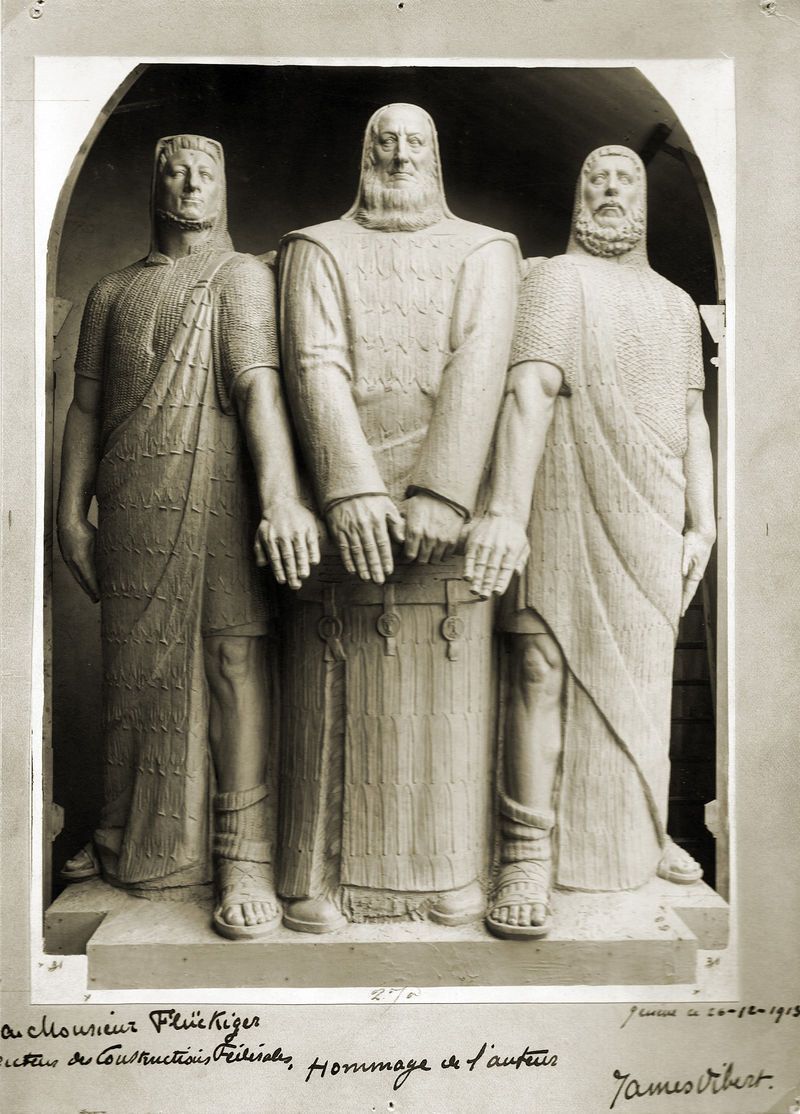
The Rütli Oath is the legendary oath taken at the foundation of the Old Swiss Confederacy (traditionally dated to 1307) by the representatives of the three founding cantons, Uri, Schwyz and Unterwalden:
Rütli Oath of the Old Swiss Confederacy
We want to be a single People of brethren,
Never to part in danger nor distress.
We want to be free, as our fathers were,
And rather die than live in slavery.
We want to trust in the one highest God
And never be afraid of human power.
Crafting a Modern Confederacy
So where does this leave us? We know confederacies of values are the only structures that create lasting change. We have examples of universal virtues that transcend culture. The question becomes: could this work now, in our fractured, cynical, hyper-monetized world?
I'm calling it a "Confederacy of Values" for now, though that name feels awkward - too academic, too historical. But the concept is simple: people bound not by accidents of birth or geography, but by shared commitment to principles. Not another organization or movement, but a way of recognizing and supporting others who live by a code.
The foundations would have to be:
- Secular but not anti-religious. The virtues exist across all faiths and none. A Buddhist, a Christian, a Muslim, and an atheist can all recognize justice, courage, compassion. The code can't require belief in any particular god, but it can't exclude those who do believe.
- Specific but not rigid. "Be good" is meaningless. But too many rules become another form of tyranny. The sweet spot is principles clear enough to create accountability but flexible enough for human complexity.
- Practical but not transactional. This can't be another networking group where people pretend to have values to make business connections. But it also can't be so abstract that it exists only in discussion forums. It has to affect how we hire, who we support, how we live.
The challenges feel overwhelming. We've been trained to see values as weakness, integrity as naivety. The entire economic system rewards the opposite of every virtue - from the savvy tax dodger to the executive who maximizes shareholder value by destroying communities. Speaking of values in public gets you labeled as either a religious extremist or a naïve idealist.
But then I remember: every successful confederacy of values faced "impossible" odds. The Swiss mountain communities against the Habsburg Empire. The American colonists against the British Crown. They won not through superior force but through superior cohesion. When people truly share values, they trust each other. When they trust each other, they can coordinate. When they coordinate around principles rather than profit, they become unstoppable.
What would this look like in practice? I imagine:
- People identifying each other not by labels or affiliations but by actions. You demonstrate Gi by standing for justice when it costs you. You show Jin by using power to protect the vulnerable. Your Rei appears in how you treat those who can do nothing for you.
- Hiring decisions that weight character alongside competence. Not "culture fit" (which usually means "thinks like us") but "values fit" (acts with integrity).
- Business relationships built on trust rather than just contracts. Choosing partners who keep their word even when legally they don't have to.
- A gradual rebuilding of social trust through repeated demonstrations of trustworthiness.
Is this hopelessly idealistic? Maybe. The cynic in me says we're too far gone, too corrupted by decades of "greed is good" and "winning is everything." But the pattern throughout history is clear: when enough people remember what actually matters, when they organize around eternal truths rather than temporary advantages, things change. Fast.
I don't have a blueprint. I don't have all the answers. Hell, I'm not even sure about the questions yet. But I can't shake the feeling that we're at one of those historical hinges where everything could shift. The old systems are failing spectacularly. People are hungry for meaning, for connection, for something real in a world of manufactured everything.
Maybe that's why The Mandalorian resonated. Maybe that's why people still read about the samurai, why the Swiss Confederation endures, why the American founders' words still stir something. We remember, deep in our bones, that there's another way to be human. A way that doesn't require us to sacrifice our dignity for our daily bread.
The confederacy of values already exists in scattered form - every person who refuses to cheat despite the disadvantage, every leader who protects their people instead of their position, every parent teaching their children that integrity matters more than income. We just don't recognize each other yet. We don't support each other yet. We don't realize our collective power yet.
But what if we did?
What if the good people - and despite the cynicism, there are millions of us - what if we found each other? What if we stopped pretending values are complicated? What if we admitted we all know what honor looks like, what courage requires, what justice demands?
I don't know exactly how this develops. But I know it needs to. Because the alternative - this accelerating spiral of corruption and cynicism - ends only one way. And I'd rather be naïve than complicit.
Stay tuned. I'm still figuring this out.
